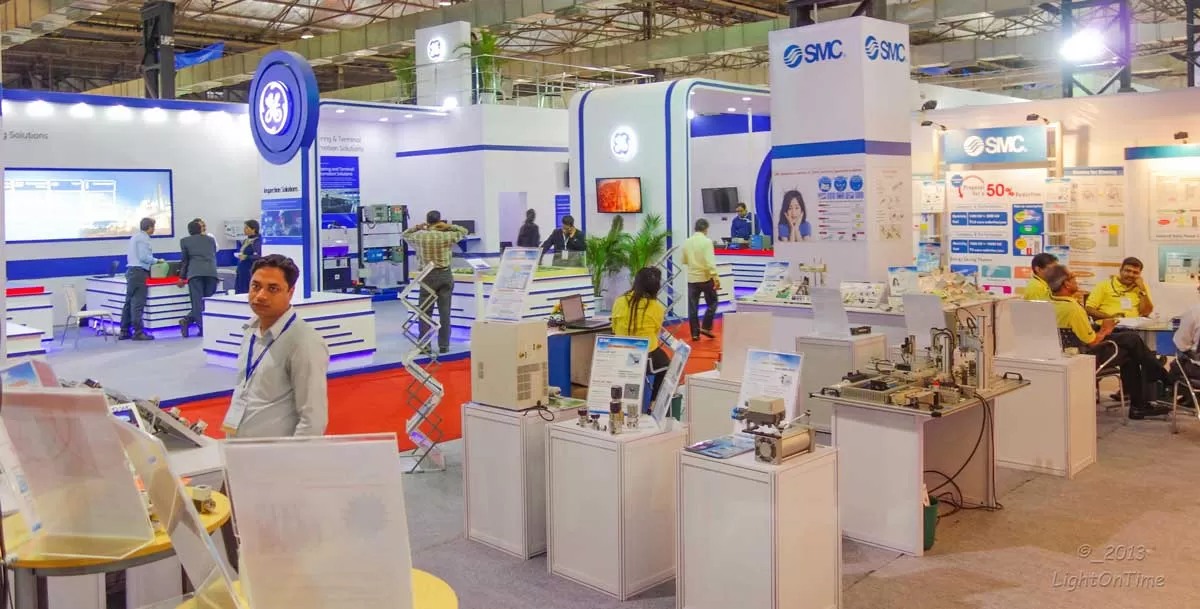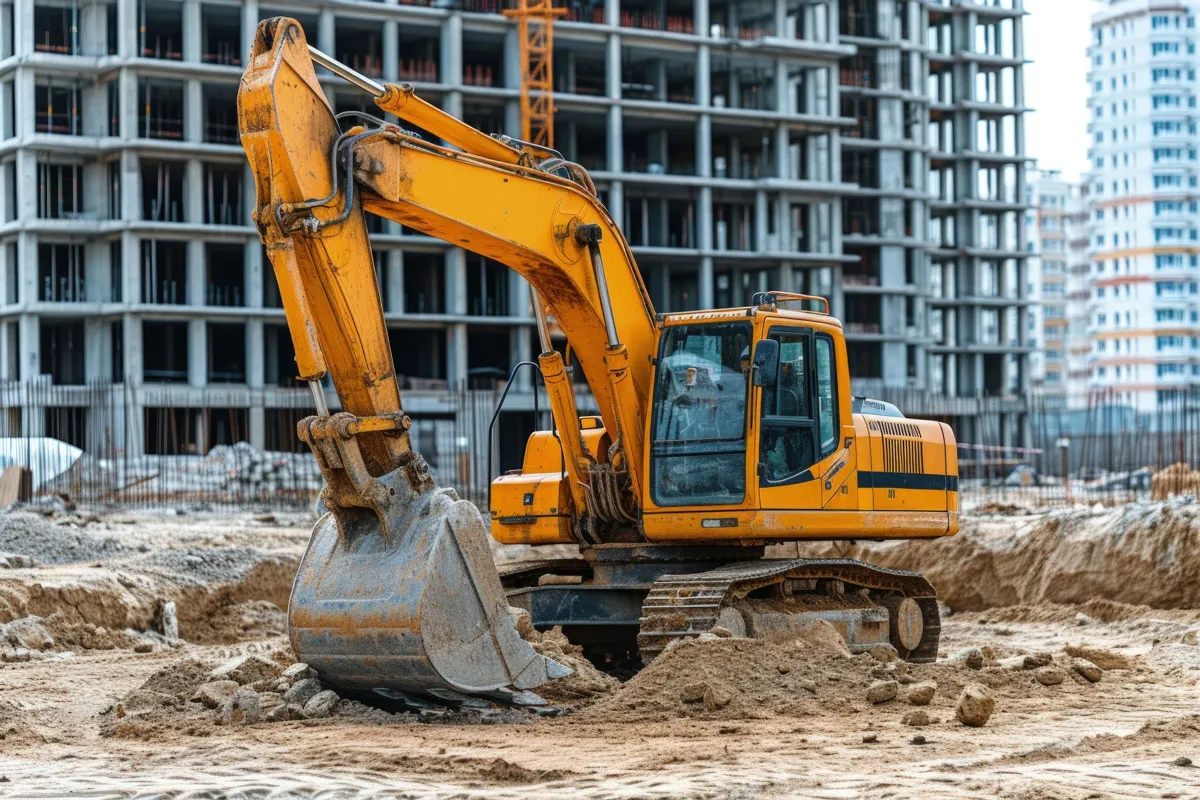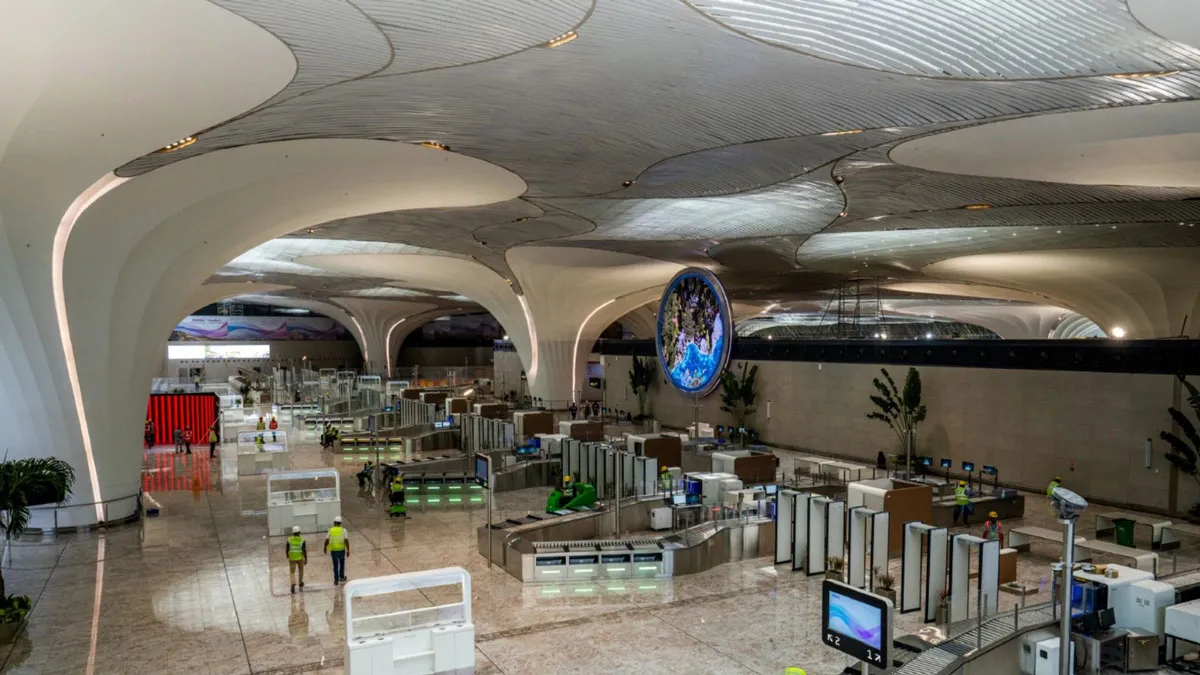
Daifuku Opens Rs 2.27 Billion Smart Factory in Hyderabad

Handling the Bottom Line
In a highly competitive construction environment, efficient material handling is “the silent engine of profitability”, to quote Vaibhav Kulkarni, General Manager Projects, JP Infra Realty. “It’s not just about moving materials from A to B but developing a strategy to minimise touchpoints, reduce waste and maximise spends.”Planning stageBefore investing in material, Kulkarni recommends designing the material flow. “Map the journey of major materials from the delivery point to their final placement,” he recommends. While doing this, “minimise double-handling and identif..

Taking Flight!
When Prime Minister Narendra Modi inaugurated the Navi Mumbai International Airport (NMIA) on October 8, 2025, it marked far more than the opening of another terminal – it signified a turning point in India’s aviation and infrastructure narrative. Developed by Adani Airport Holdings Ltd (AAHL) in partnership with the City and Industrial Development Corporation (CIDCO), NMIA represents a bold vision of how modern India intends to connect its people, power its economy and project its identity on the global stage.“The Navi Mumbai International Airport is a project that exemplifies the visio..

Highway Guidelines 2.0
In August 2025, a Public Accounts Committee comprising members of the Lok Sabha and Rajya Sabha presented a report, ‘Levy and Regulation of Fees, Tariffs, User Charges etc on Public Infrastructure and Other Public Utilities in the context of the Ministry of Road Transport and Highways (MoRTH) and the National Highways Authority of India (NHAI).Having examined present design accountability, subcontracting, pavement failures, emergency response mechanisms, toll reforms, service quality, stakeholder consultations and other aspects, the Committee presented recommendations covering the planning a..
















